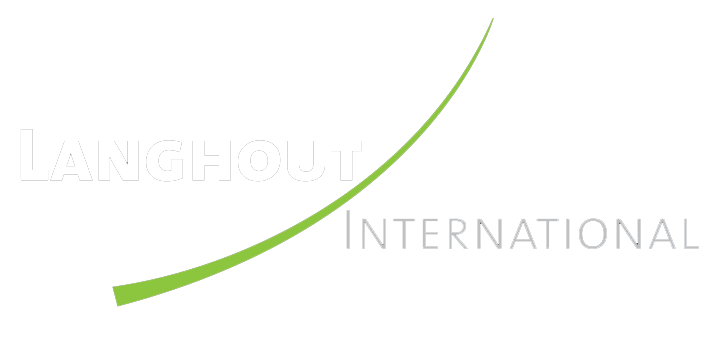In this episode of CEO Brain Food, Michael invites Daniel Marcos on to discuss his experience as an entrepreneur and CEO. Daniel is the co-founder and CEO of Growth Institute, the leading online executive education company for C level executives at fast growing firms. Michael and Daniel break down the four growth stages of business, the inherent value of coaching, and the importance of self-care. Finally, Daniel shares his beliefs on core values and speaks to his Master of Business Dynamics Program.
EPISODE 17 - Three Execution Disciplines
In this episode of CEO Brain Food, Michael takes a step back to discuss the three execution disciplines: priorities, data metrics and communication rhythms. He reinforces the importance of identifying and understanding your organization’s critical number. He breaks down the value of key performance indicators (KPIs) and the impact they can have on organizations. Finally, Michael stresses the importance of operating a team that values communication, trust, and performance.
EPISODE 16 - Driving Growth with KPIs
In this episode of CEO Brain Food, Michael continues his discussion about the critical number and highlights its importance in driving growth within organizations. Michael talks about the factors that influence and drive positive actions towards the critical number. He also breaks down the process of developing KPIs, distinguishes between accountability and responsibility, and shares his thoughts on priorities, forecasting and measuring. Finally, Michael speaks to the importance of setting goals that are smart, realistic, and in the best interests of the organization.
EPISODE 15 - Do You Know Your Critical Number?
In this episode of CEO Brain Food, Michael speaks to one of the most important aspects of running a business: knowing your critical number. He highlights the importance of distinguishing between which numbers are important and which numbers are critical. Michael breaks down the process of identifying the critical number, forecasting that number out, and looking at the drivers that are associated with that number. Finally, Michael shares insights on how engaging and educating employees can help support and grow businesses exponentially.
EPISODE 14 - Create a Living Culture with Authentic Leadership
In this episode of CEO Brain Food, Michael takes a deep dive into the process of creating the right culture through authentic leadership. Culture is a differentiator in the market, which sets organizations like Zappos and Disney apart from their competitors. Michael speaks to the importance of building trust in order to become an authentic leader. Finally, Michael provides a series of questions we can ask ourselves to see if we are aligned with the core values of our organizations.
EPISODE 13 - Finding the Right Customer, Part 2 with Blaine Millet
In this episode of CEO Brain Food, Michael welcomes back to the show author, speaker, and entrepreneur Blaine Millet to discuss the results organizations can expect by adopting a customer obsession strategy, including differentiation. Blaine breaks down the three critical components of the ‘REMARKable Triangle,’ a visual tool for organizations looking to become customer obsessed. Finally, Blaine and Michael discuss the importance of attracting and acquiring the right customers for your organization.
EPISODE 12 - The Magic of Customer Obsession, Part 1 with Blaine Millet
In this episode of CEO Brain Food, Michael welcomes author, speaker, and entrepreneur Blaine Millet to discuss his background and passion for customers. Blaine shares his belief that customer obsession can directly impact an organization’s culture and ability to market themselves. He provides examples of customer obsession with stories of Zappos and Ritz-Carlton Hotels. Finally, Michael teases part two of his interview with Blaine Millet and provides the audience with a new useful tool.
EPISODE 11 - Building a Culture of Trust
In this episode of CEO Brain Food, Michael breaks down the importance of building a culture of trust. He identifies the five key factors that contribute to building a strong culture of trust. These include finding and defending your ‘cores,’ building authentic relationships, and leading transparently/being present, among others. Finally, Michael encourages listeners to practice new ways of consistently communicating within organizations to build a strong culture of trust.

